Economic equity isn’t just another policy buzzword—it’s about whether you can afford rent, build wealth, and achieve the American Dream regardless of your background. As Americans face unprecedented economic challenges, from student debt to housing costs, understanding economic equity has never been more crucial.
What Is Economic Equity?
Economic equity means everyone has fair access to economic opportunities and resources, regardless of race, gender, or socioeconomic background. Unlike equality, which gives everyone the same thing, equity recognizes that people start from different places and may need different support to reach similar outcomes.
Think of it this way: If equality is giving everyone the same size ladder to climb over a fence, equity is giving shorter people taller ladders so everyone can actually get over. In economics, this translates to targeted policies that address systemic barriers preventing certain groups from building wealth.
The Current State of Economic Inequality
The numbers paint a stark picture of America’s economic divide. According to the Economic Policy Institute’s 2024 analysis, worker productivity increased 80.9 percent from 1979 to 2024, while worker compensation grew just 29.4 percent. This means workers are generating more value than ever, but seeing a smaller share of the benefits.
Wealth Disparities by Race
Recent Federal Reserve data reveals the persistent wealth gap across racial lines. Since the Great Recession, white household average wealth grew 68% to $1.5 million, while Black household wealth grew 53% to $352,000, and Hispanic household wealth increased 63% to $285,000. Despite growth across all groups, the absolute dollar gap has actually widened.
The 90/10 Income Ratio
In 1980, the 90/10 ratio—comparing the income of top 10% earners to bottom 10%—stood at 9.1. By 2024, this ratio has grown significantly, meaning the income gap between high and low earners continues expanding.
Why Economic Equity Matters to You
For Americans
If you’re struggling to save for a house down payment while paying student loans, you’re experiencing inequality firsthand. Economic equity policies could mean:
- Expanded access to affordable housing programs
- Student debt relief or income-driven repayment plans
- Tax credits that actually benefit lower-income earners
- Job training programs in high-growth industries
For Lower and Middle-Income Families
Economic equity directly impacts your ability to build generational wealth. Without equitable policies, families remain trapped in cycles where they can’t accumulate assets to pass to children, perpetuating inequality across generations.
The Pros of Economic Equity Policies
1. Broader Economic Growth
When more people have disposable income, they spend more, boosting demand for goods and services. The Congressional Budget Office has consistently found that lower-income households spend a higher percentage of any additional income compared to wealthy households, creating a multiplier effect for economic growth.
2. Reduced Social Costs
Greater economic equity reduces spending on social safety nets, criminal justice, and healthcare. When people have stable incomes and can afford preventive healthcare, society saves money long-term.
3. Innovation and Entrepreneurship
Economic equity means more diverse entrepreneurs can start businesses. According to the Kauffman Foundation’s 2023 research, increasing access to capital for minority entrepreneurs could boost U.S. GDP by $1.1 trillion over the next decade.
4. Political Stability
Countries with lower inequality tend to have more stable democracies. When people feel they have a stake in the economic system, they’re more likely to support democratic institutions.
The Cons and Challenges
1. Implementation Costs
Equity programs require significant upfront investment. Universal basic income pilots, expanded healthcare, and education programs all come with substantial price tags that require either higher taxes or reallocated spending.
2. Potential Efficiency Trade-offs
Critics argue that redistributive policies can reduce incentives for hard work and innovation. The concern is that high earners might work less or relocate if they face significantly higher tax rates.
3. Political Resistance
Economic equity policies face opposition from those who view them as unfair to higher earners or as government overreach. This makes comprehensive reform politically challenging.
4. Unintended Consequences
Well-intentioned policies sometimes backfire. For example, rent control aimed at making housing affordable can sometimes reduce housing supply, ultimately making the problem worse.
Real-World Examples of Economic Equity in Action
Success Stories
Nordic Model: Countries like Denmark and Norway have achieved high levels of economic mobility through progressive taxation, universal healthcare, and robust social safety nets. Denmark’s Gini coefficient (a measure of inequality) is 0.26 compared to the U.S. at 0.39.
Earned Income Tax Credit (EITC): This U.S. program provides tax credits to low-income working families. Studies show it has lifted millions out of poverty while encouraging work. The EITC lifted 5.5 million people above the poverty line in 2021.
Portugal’s Drug Decriminalization: By treating drug addiction as a health issue rather than criminalizing it, Portugal reduced drug-related deaths by 95% and HIV infections by 96% while saving money on incarceration.
Mixed Results
Minimum Wage Increases: Seattle’s gradual increase to $15/hour showed modest job losses in some sectors but overall wage gains for low-income workers. The net effect remains debated among economists.
Affirmative Action in Higher Education: Programs have increased minority enrollment at universities, but recent Supreme Court decisions have limited race-conscious admissions, forcing schools to find new approaches.
Public Opinion: What Americans Think
Recent polling reveals complex attitudes toward economic equity:
- Gallup 2024: 78% of Democrats express concern about income inequality, compared to 32% of Republicans
- Pew Research 2024: 61% of Americans believe the government should do more to reduce inequality, but they disagree on methods
- AP-NORC 2024: Americans ended 2024 with a grim economic outlook, with many feeling left behind by economic recovery

Generational Divides
Voters show stronger support for equity policies:
- 67% of 18-29 year-olds support wealth taxes on the ultra-rich (vs. 45% of those 65+)
- 71% support expanding healthcare access (vs. 52% of older Americans)
- 58% favor student debt forgiveness programs
Economic Equity Policies: The Toolkit
Progressive Taxation
Higher tax rates on wealthy individuals and corporations, with revenues funding programs that benefit lower-income Americans.
Universal Basic Services
Providing free or subsidized access to healthcare, education, childcare, and transportation—reducing the burden on family budgets.
Wealth-Building Programs
- Individual Development Accounts (matched savings for low-income families)
- First-time homebuyer assistance
- Small business incubators in underserved communities
Labor Protections
- Minimum wage increases tied to cost of living
- Portable benefits for gig workers
- Stronger collective bargaining rights
The Path Forward
Economic equity isn’t just about fairness—it’s about building an economy that works for everyone. For Americans entering the workforce, supporting families, or starting businesses, equity policies could mean the difference between economic mobility and stagnation.
The challenge lies in designing policies that address inequality without stifling economic growth. This requires nuanced approaches that consider local conditions, measure outcomes carefully, and adapt based on evidence.
As 100 billionaire families spent $2.6 billion on political contributions in 2024, representing massive political influence, the question becomes whether ordinary Americans can organize effectively to advocate for policies that serve broader prosperity.
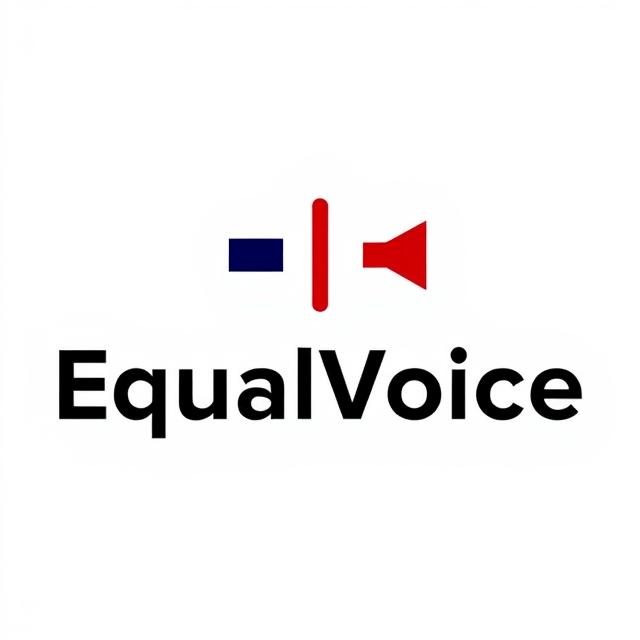
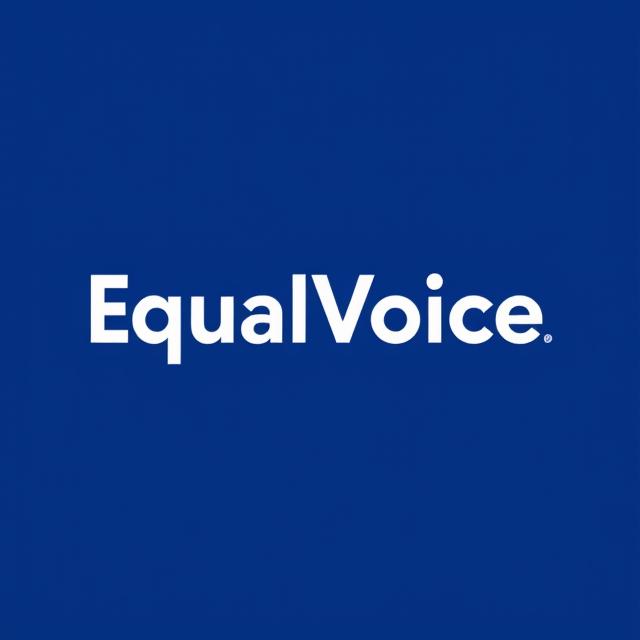
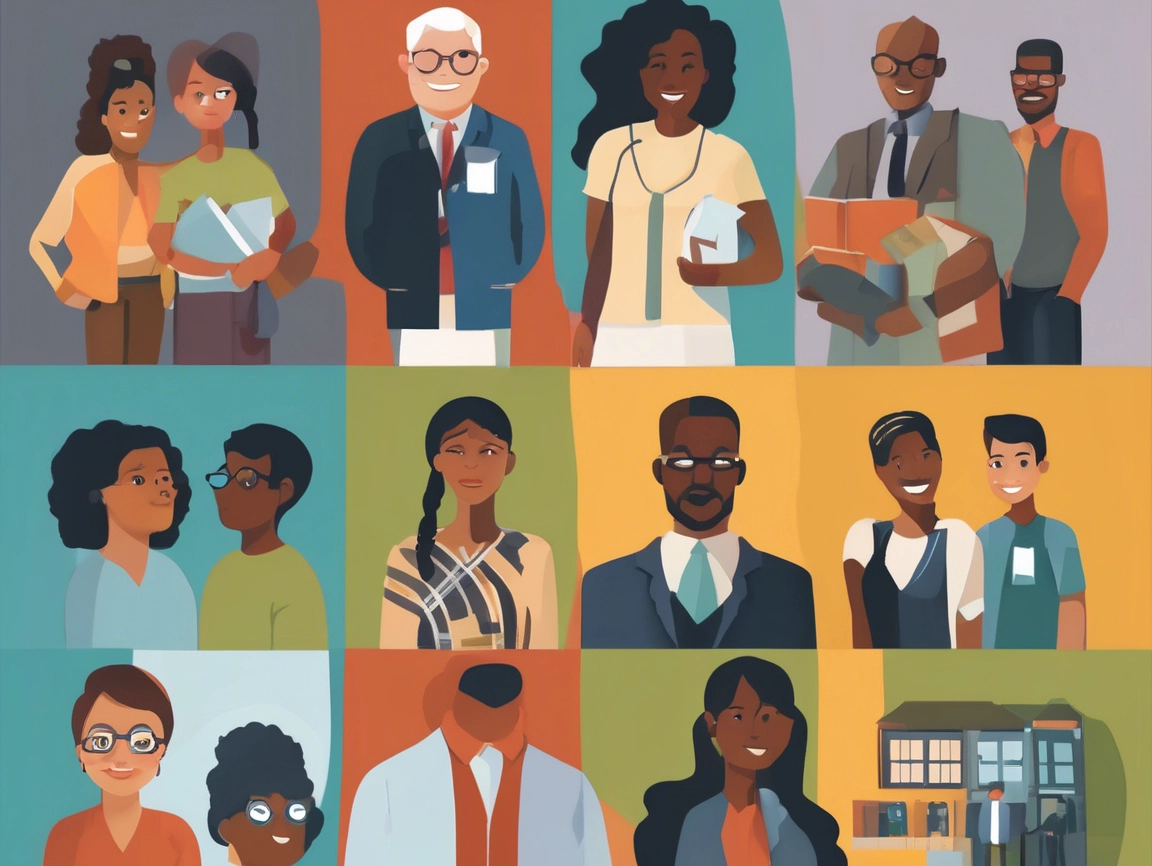




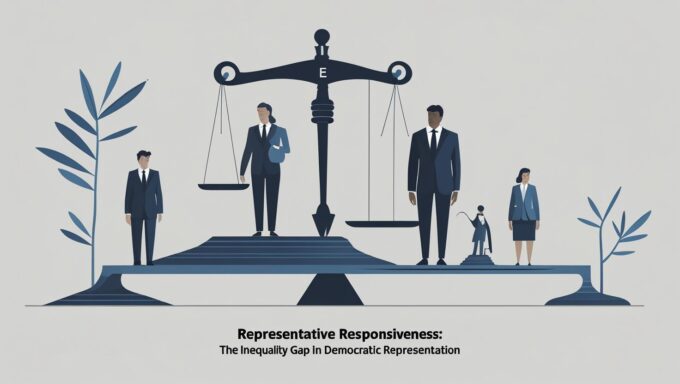


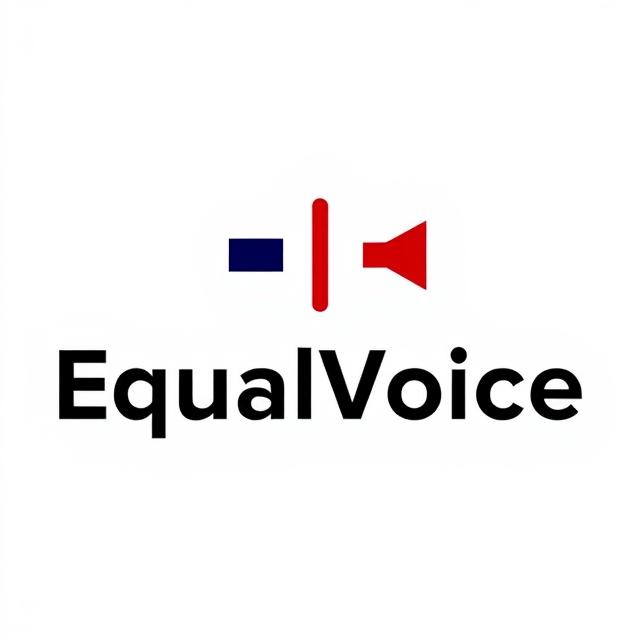
Leave a comment